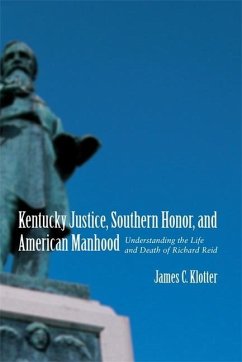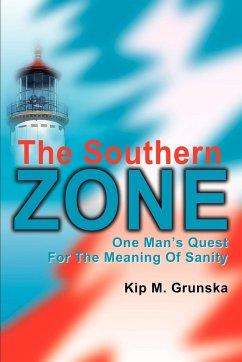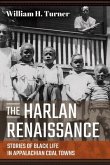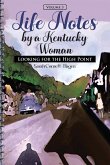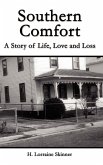On April 16, 1884, Kentucky Superior Court judge Richard Reid visited attorney John Jay Cornelison's office-at Cornelison's invitation-to discuss a legal matter. When he arrived, Cornelison accused the unsuspecting Reid of injuring his honor and began to beat him severely. He pursued Reid onto the street, where he continued to strike him, reportedly over a hundred times, before a bystander put a stop to the assault. The event became front-page news. Would Reid react as a Christian gentleman, a man of the law, and let the legal system take its course, or would he follow the manly dictates of the code of honor and challenge his assailant? James C. Klotter crafts a detective story, using historical, medical, legal, and psychological clues to piece together answers to the tragedy that followed. With commanding prose, Klotter draws the reader into the social and judicial world of post-Civil War Kentucky and into the ageless question of choosing between forgiveness and forbearance or revenge and retribution.
Hinweis: Dieser Artikel kann nur an eine deutsche Lieferadresse ausgeliefert werden.
Hinweis: Dieser Artikel kann nur an eine deutsche Lieferadresse ausgeliefert werden.

